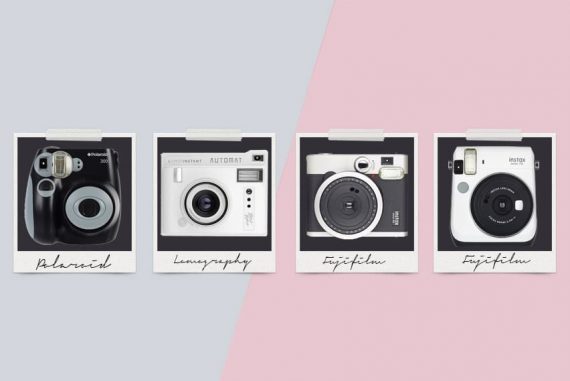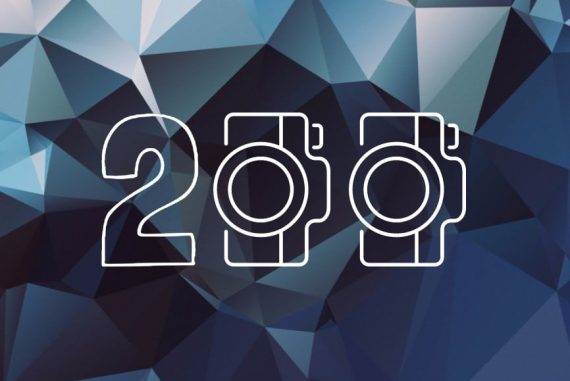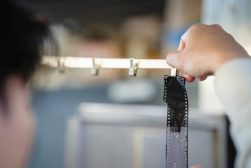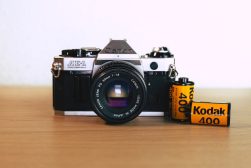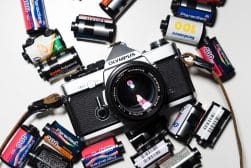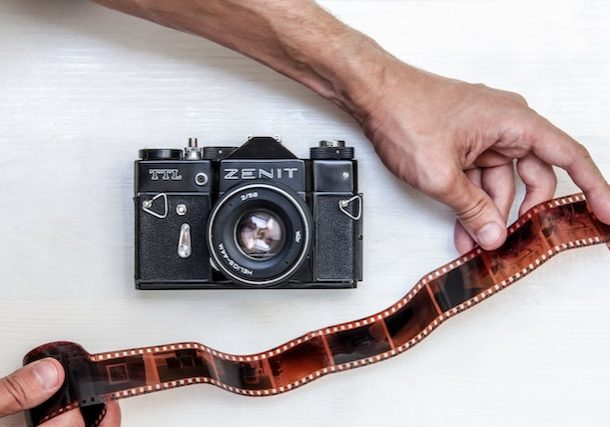
Is Film Photography Still Worth Pursuing Today?
News | By Stephan Jukic | September 2, 2022
Digital photography has without a doubt taken over all but a nearly negligible minority of modern photographic output. Even many celebrated, famous photographers who spent decades creating their best work with film have largely switched to digital in the past decade or more.
In part, digital dominates in sheer percentage of all photos taken simply because of the universal prevalence of smartphone cameras. The billions of photos taken and posted with them by average people saturate the internet and social media every single day. However, even in the more rarified world of pro camera photography, most modern output is digital.
Surprising Market Trends
This might be shifting slightly though, because film shooting is showing a bit of resurgence and a growing number of younger photographers are using it again. Furthermore, as we reported recently, film cameras are far from relics of the past. At least one major brand, Leica, not only still maintains several models but is also allegedly about to release a whole new film camera.
What’s more, the prices of many used cameras seem to be creeping upward on the resale market. This trend seems to be happening even with used instant cameras, the near-bottom barrel devices of the pre-digital photographic world.
Film has become a more rarified commodity for photo shooting and in some places can be difficult to obtain quickly, but with online retailing and specialty retail options, most photographers can find a decent deal on color or black and white rolls.
This latter trend in film scarcity may also partly be responsible for a surprising rise in instant print camera sales (what everyone used to call Polaroid cameras), which let you take a snapshot and print the photo right there on the spot. These aren’t exactly film cameras, but the same retro feel applies.
Practical Considerations
All of this brings us to the basic question of this post: Is film worth pursuing if you’re curious? Well, in terms of equipment availability, anyone who wants to go back to film shouldn’t have much trouble doing so.
If black and white photography is your preferred medium, you can even set up your own film development space on an absolute shoestring budget and minimal space requirements. DIY development in black and white is described as literally “easier than making chocolate chip cookies”, so there’s that in its favor. With color photo development, things get a bit more complicated, but not absurdly so.
As for the camera options themselves, they’re nearly limitless. New film camera models are hardly being released by anyone except Leica, but the selection of available used models -many of them in excellent shape- is enormous. More importantly, they don’t become obsolete easily.
You can grab up some low-priced, beaten-up, 1970’s Asahi Pentax shooter from a flea market and be using it within a few minutes if you have some film handy. Even many older film cameras with broken battery slots for their metering functions can be used just fine if you develop an eye for manually calibrating your aperture, shutter speed and other details.
Basically, almost any well-made film camera from decades back can literally last for decades more and keep working perfectly if well cared for, all while still producing wonderfully sharp photos. Good luck finding a digital camera that manages the same after, say, 15 or 20 years.
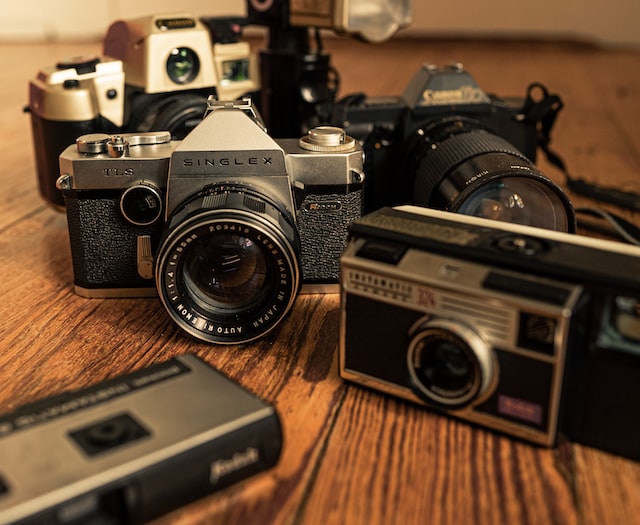
Aesthetic Value
Working with film undoubtedly creates a feeling of authenticity to photographic work that no casual digital image bathed in instant retro filter software can duplicate. The visual result of both might be similar, but letting your friends or photo art fans know that you actually worked with a film camera and then developed and retouched them by hand will definitely change how your work is viewed.
Also, if you’re a street photographer or a portrait artist, the simple quaintness of people seeing you using a film camera may easily create new levels of openness in your subjects that digital can fail at. In our modern era of occasional paranoia about being captured in a photo that can be shared digitally to anyone just seconds later, the delayed visualization inherent to film lets a bit more trust creep into a situation.
It’s worth noting that none of this means digital photography should be looked down upon in any way. Good photographers create good work that’s worthy of respect no matter what kind of camera captured it, and digital is no different. Furthermore, the compositional skill involved with digital devices and sensors is no less tricky because of the much more permissive electronics. However, film does encourage a unique economy of shooting with its physical limitations.
The bottom line? Yes, you should pursue film photography if you’re genuinely interested in trying it. Nonetheless, the decision is mostly subjective and should be yours to make, based on what you want to achieve with both your creative process and your final result. In terms of practical accessibility, film is certainly a bit more complicated than digital photography, but it’s hardly rocket science. After all, our parents and grandparents used it for decades without too much fuss.
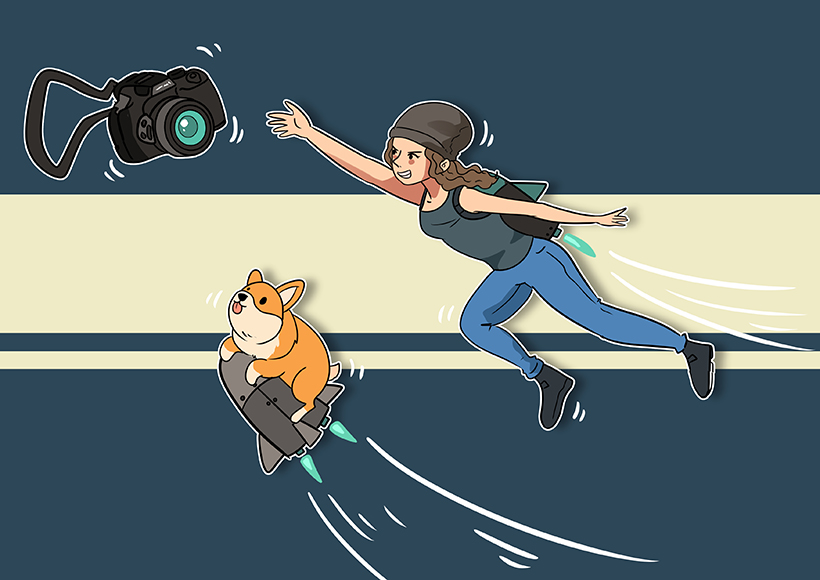
Check out these 8 essential tools to help you succeed as a professional photographer.
Includes limited-time discounts.





